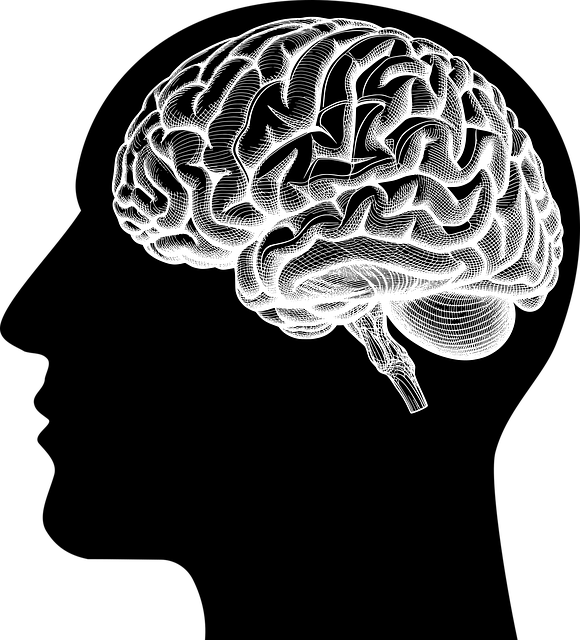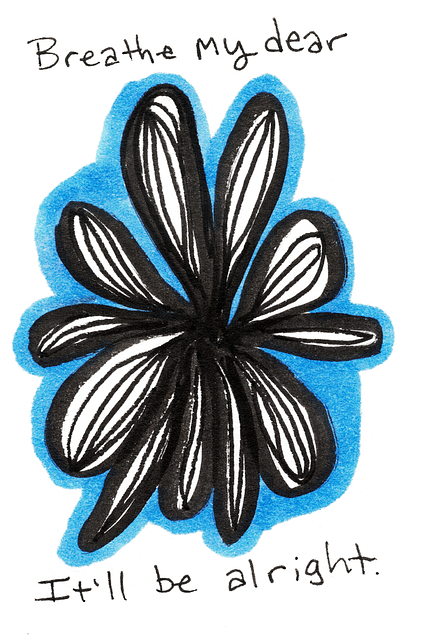Superior Couples Counseling Therapy offers a comprehensive approach to emotional health by focusing on mood regulation through cognitive and behavioral strategies. This therapy helps individuals identify triggers, challenge negative thought patterns, and develop healthier coping mechanisms. For couples, it provides a safe space to improve communication, resolve conflicts, and build resilience. Integrated with cultural competency training, these services enhance emotional well-being, strengthen relationships, and offer tailored support for diverse backgrounds, ultimately revolutionizing mood regulation and partnership dynamics.
Mood regulation strategies are essential for maintaining emotional balance and enhancing overall well-being. This comprehensive guide explores various techniques, from cognitive strategies to behavioral techniques, designed to help individuals navigate and manage their moods effectively. We delve into the significance of understanding mood regulation as a crucial aspect of emotional intelligence and mental health. Additionally, we highlight the transformative power of Superior Couples Counseling Therapy in mastering mood regulation for committed relationships.
- Understanding Mood Regulation: Unraveling Emotional Balance
- Cognitive Strategies for Effective Mood Management
- Behavioral Techniques to Enhance Emotional Well-being
- The Role of Couples Counseling in Mastering Mood Regulation
Understanding Mood Regulation: Unraveling Emotional Balance

Mood regulation is a crucial aspect of emotional well-being, especially for maintaining a healthy and balanced life. Understanding how to manage one’s mood involves recognizing and addressing underlying emotional triggers. Superior Couples Counseling Therapy provides an effective framework for unraveling these complexities, helping individuals gain insight into their emotional responses.
Through counseling sessions, clients can explore the intricate tapestry of their emotions, identifying patterns and factors contributing to mood fluctuations. Building resilience is a key strategy; it equips individuals with the tools to navigate life’s challenges and stress reduction methods, fostering adaptability and a sense of control. Stress management workshops organized by such therapy centers further empower clients with practical techniques to mitigate stress levels, thereby enhancing their overall emotional balance.
Cognitive Strategies for Effective Mood Management

Cognitive strategies play a pivotal role in effective mood management, offering individuals a powerful tool to navigate and regulate their emotional states. By identifying and challenging negative thought patterns, people can disrupt unhelpful cognitive processes that contribute to low moods or even depression. Superior Couples Counseling Therapy emphasizes this aspect, teaching clients to recognize automatic negative thoughts—those quick, intuitive judgments that can spiral into pessimistic interpretations of events.
Through various techniques, such as cognitive restructuring and reframing, individuals learn to replace these negative thought patterns with more balanced and realistic perspectives. For instance, instead of assuming the worst in social interactions, one might reframe a perceived rejection as an opportunity for personal growth or a chance to strengthen empathy-building strategies. This cognitive shift can significantly impact mental wellness, fostering resilience and promoting positive emotional regulation.
Behavioral Techniques to Enhance Emotional Well-being

Behavioral techniques play a pivotal role in enhancing emotional well-being, offering powerful tools for individuals seeking to regulate their moods and improve mental health. One effective approach is cognitive behavioral therapy (CBT), which focuses on identifying and modifying negative thought patterns and behaviors contributing to distress. By challenging unhelpful cognitions, CBT empowers individuals to manage their emotions more effectively.
In the context of relationships, Superior Couples Counseling Therapy integrates these behavioral techniques to foster healthier dynamics. This specialized therapy helps partners communicate more constructively, resolve conflicts, and build resilience together. Moreover, mental health awareness and cultural competency training for healthcare providers are essential components in delivering inclusive care, ensuring that individuals from diverse backgrounds receive effective support tailored to their unique needs, including those seeking anxiety relief.
The Role of Couples Counseling in Mastering Mood Regulation

Couples counseling plays a pivotal role in mastering mood regulation, offering a safe space for partners to understand and navigate their emotional dynamics. Through superior couples counseling therapy, individuals gain insights into their unique communication patterns and triggers, enabling them to develop healthier coping mechanisms. This process is particularly beneficial when one or both partners struggle with mental health challenges, such as depression or anxiety.
The therapeutic environment fosters open dialogue and empathy, promoting better self-care practices and emotional regulation. Healthcare provider cultural competency training can enhance this experience by ensuring culturally sensitive support, allowing couples to explore their relationships free from judgment. By integrating these strategies, individuals not only improve their mood regulation but also strengthen their bond, fostering a more supportive and resilient partnership.
Mood regulation is a multifaceted skill that significantly impacts overall well-being. By combining cognitive strategies, behavioral techniques, and exploring the benefits of Superior Couples Counseling Therapy, individuals can effectively manage their emotional balance. Integrating these approaches empowers people to navigate life’s challenges with resilience and enhances their ability to thrive in various aspects of their lives.








